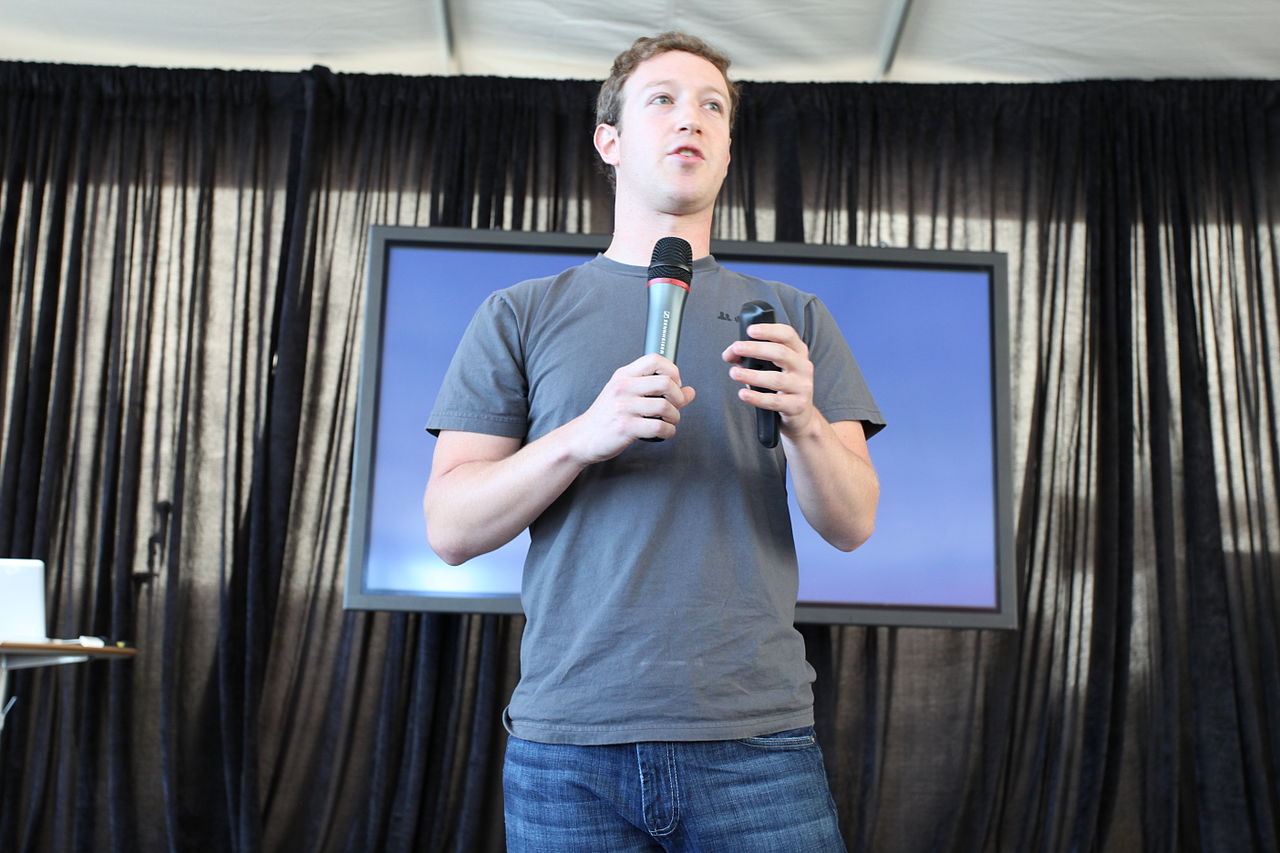Facebook has, to fracture an old phrase, just closed the barn door after a billion cows already have departed the premises.
The social network’s new pro-privacy policy, adopted yesterday, for the first time delivers the assurance that over a billion Facebook users themselves might already have assumed: that the stuff you post to Facebook will be seen only by the friends you had signed up in the first place. Not by the rest of the world.
But this new, more private approach won’t be applied to the 1.28 billion people on Facebook now—it will apply only to a smidgen of Facebook users, those who newly join the network after the policy change yesterday.
In the first three months of this year, Facebook signed up all of 50 million newcomers worldwide. Thus in the next three months, the new, tighter policy could affect maybe 50 million or so users—while the rest of us, almost 1.3 BILLION other people already on Facebook, remain on the older “default” setting.
[Note: this column also ran in The Daily Beast, here: http://thebea.st/1gX9mbL]
For us, anything and everything we post can be seen by most anyone in the world. Our innermost thoughts offered up to old friends from high school are there to be seen by some voyeuristic devil in Tasmania.
That is, unless we explicitly change our Facebook settings so that only our roster of friends can view the content. Who has the time to bother doing that?
So the new Facebook policy is all optics, a paragon of policy pronouncements in this social-network era: all for show, not for actual effect.
If Facebook were serious about protecting our privacy, it would instantly have applied the new, less-open approach to ALL Facebook users. Change the default setting for everyone so that their messages go only to the friends they have agreed to accept online.
If we want a megaphone to the rest of the world, we must explicitly ask for it by changing that setting ourselves.
Do you even know what your privacy setting is in your Facebook account? I am unsure of mine, and even after valiant efforts by Facebook for make it easier for members to manage these settings, I dread having to mess with any of it.
It is kind of weird that Facebook, from the get-go, wants us to share details of our personal lives with a billion people who will never play any part in any of that. It destroys the definition of what was supposed to be a “friend.”
In real life—meat space, some call it—a friend is someone you actually know. And truly like, not just click-“like,” the Facebook currency that has lost all meaning and all sincerity simply because it requires so little effort at all.
But Facebook CEO Mark Zuckerberg wants us to have, virtually, no privacy at all. (Sadly, this may be a sign he has nothing to hide, because he has no real, adult fun in his offline private life. Why be a billionaire if you don’t do anything racy enough to have to keep it secret?)
Switching all of us to friends-only transmissions might reduce his ad avails, shrink his online audience, and thus hurt Facebook’s revenue growth. And that would be wrong.
But the new policy will buy Facebook a little peace in the press. The company has been vilified again and again for years for stomping on our privacy, even as millions of us—online exhibitionists all—
continued blithely signing up to offer a peek at our own private lives to a world of undeserving strangers.
On that, two points worth thinking about:
First: It is puzzling that Facebook ever finds itself in a privacy fight at all. It is a site devoted to ending all privacy and putting everything in public view, with our complicity and cooperation. We eagerly reveal our religion, political bent, marital status, passions and hates, drunken debaucheries, decades-old deeds and misdeeds for all to see (as if anyone else cares).
To then accuse Facebook of privacy violation seems a little precious, when we do it to ourselves all the time as a function of being on that network at all
And second: We do all of this, and violate our own privacy, because we are desperate to be noticed, to count, to be heard. Facebook is no longer a place where you go to check in on your friends and hear updates from them—the real purpose of Facebook is for each of us to grab a megaphone and tell everyone else what we think, what we say, what we do. It’s all about us.
That’s why, even if Facebook took the bold step of applying this new friends-only setting to its entire user base, I’d bet a vast majority of Facebookers would choose to have all their content available to a world of strangers.
We are that . . . narcissistic? That eager for the approval of most anyone at all? (I know from this: most every on-air person is desperate for the approval of strangers, it’s why we go on-air.) Plus, you never know when your stuff might go viral and bring Hollywood calling.
